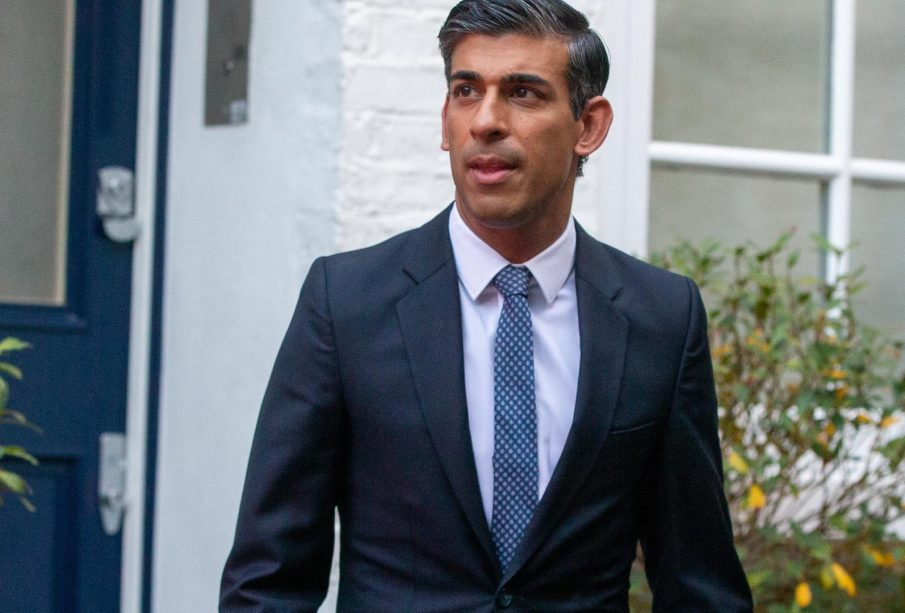Rishi Sunak’s Leadership and Economic Vision for the UK

Introduction
Rishi Sunak, currently serving as the Prime Minister of the United Kingdom, plays a crucial role in shaping the nation’s economic landscape. His tenure has been marked by significant challenges, including economic recovery post-COVID-19, rising inflation, and global geopolitical tensions. Understanding his policies and decisions is vital for grasping the current state of UK politics and the economic environment.
Sunak’s Background and Rise to Power
Born on May 12, 1980, in Southampton, Rishi Sunak became the Chancellor of the Exchequer in February 2020. His rapid rise in the Conservative Party is attributed to his proactive measures during the pandemic, including the introduction of the furlough scheme, which supported millions of workers and businesses across the UK. After Liz Truss’s brief premiership, Sunak took office as Prime Minister in October 2022, inheriting a set of pressing economic challenges.
Current Economic Policies
As Prime Minister, Sunak has focused on stabilising the economy amidst soaring inflation rates, which currently stand over 5% as of September 2023. His government has introduced several measures aimed at curbing inflation, including tightening fiscal policies and investing in renewable energy to combat rising energy costs. The Chancellor announced a multi-billion-pound plan to support industries and households, particularly in light of the ongoing energy crisis exacerbated by the Russian invasion of Ukraine.
Public and Political Reception
Sunak’s policies have garnered mixed reactions. Some praise his sense of fiscal responsibility and long-term strategy, emphasising that cost-cutting and investment in technology are critical for Britain’s growth. However, critics argue that his austerity measures disproportionately affect the lower-income population. Recent polls indicate fluctuating public support as the electorate evaluates his handling of economic matters.
Conclusion
Rishi Sunak stands at a pivotal moment in UK politics, with his decisions likely to influence the country’s trajectory during a critical time. Analysts suggest that his focus on economic stability and innovation could either reinforce the Conservative Party’s power or lead to a significant loss of public trust if issues persist. As the UK prepares for the next general elections scheduled in 2024, Sunak’s leadership will be under scrutiny, making his forthcoming actions crucial for both his political future and that of the nation.









